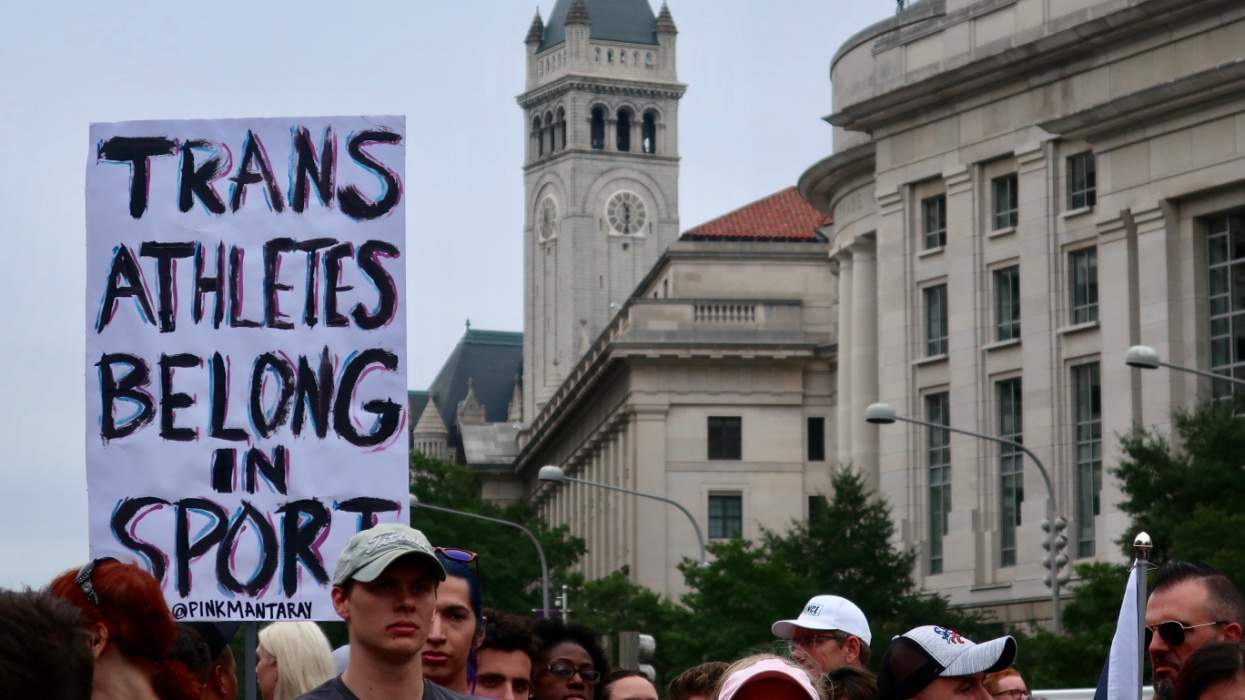Ky Schevers, who once was a poster child for the "detransition" movement, now says she regrets embracing that.
Schevers, assigned female at birth, came to identify as a trangender man and took testosterone to transition. She eventually stopped the treatment and spoke out about detransitioning. But then she saw that anti-trans bigotry was rampant among those who championed detransitioning, she recently told ABC News.
"I never liked people who call transitioning mutilation or call trans bodies mutilated. ... A lot of them called trans people delusional," said Schevers, who now uses she/her pronouns while identifying as transmasculine and genderqueer. "Living as a trans person was something that people did to survive, and actually, I didn't think of it as crazy or irrational because I had lived that life."
When she saw the detransition movement partner with racist, anti-LGBTQ+ groups such as the Proud Boys, that did it, she said. "That was kind of a huge wake-up call," she told ABC. "It didn't make sense to ally with the people who were creating the oppressive conditions."
While she regrets her association with this movement, she doesn't regret taking testosterone. Exploring gender is a journey for everyone, she said. "I do feel more firmly rooted in who I am. It's easier for me to accept myself as someone who has, like, multiple genders," Schevers said.
Many right-wing politicians have been trying to ban gender-affirming care for minors, including hormone therapy, as they contend minors aren't ready to make these moves and are likely to regret them. But studies indicate that regret about transitioning is rare and is often driven by external pressures.
A recent study out of Amsterdam University Medical Center in the Netherlands found that 98 percent of patients there who began gender-affirming procedures as adolescents continued them into adulthood. A 2014 Swedish study found transition regret in only 2 percent of the subjects. And a 2021 study from the Fenway Institute and Massachusetts General Hospital indicated that 80 percent of detransitions came because of "at least one external factor such as pressure from family, non-affirming school environments, and increased vulnerability to violence, including sexual assault," according to a press release.















